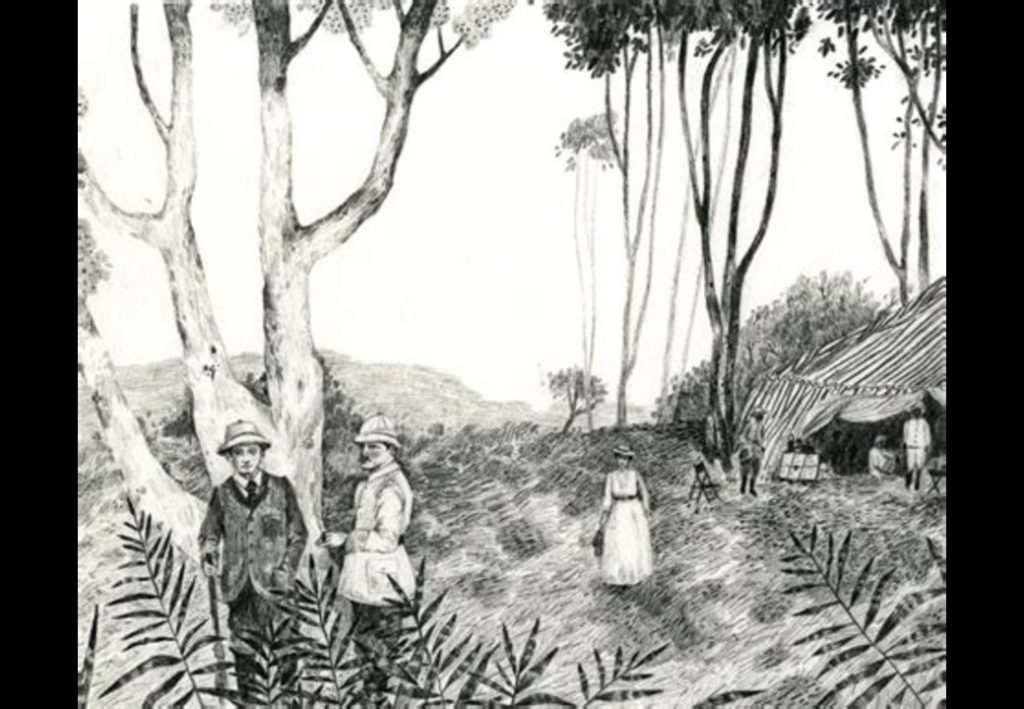There are few American writers as prolific from the 20th century as Ernest Hemingway. His works, including The Old Man and the Sea, For Whom the Bells Toll, and A Farewell to Arms remain popular books, being read by millions of people every year.
This is partially because of the era he wrote in, the Roaring 20s and the Great Depression. From a time of vast wealth and prosperity to an era of hardship, it must have been a difficult change for many people. This is why themes of death, rebirth, love, and war feature so prominently in his work.
In a time where so many people lost so much so quickly, it is easy for outsiders like us to pass judgment and commend them for what happened. It’s easy for people to say that something is wrong and write it off.
Being easy doesn’t mean it’s what you should do though. One thing that makes Ernest’s work so compelling. Ernest refuses to act as a moralist in most of his works, focusing on showing the actions of his characters and leaving his readers to decide who are the heroes and villains.
This can best be seen in his short story, The Short Happy Life of Francis Macomber which features three characters who all have flaws and behave poorly throughout the story, but instead of simply condemning them, Ernest takes the time to explain the situation and allows his readers to make the judgment themselves. This makes the story more powerful as it gives the readers room to emphasize and understand the situation.
“As a writer you should not judge. You should understand,”
-Ernest Hemingway, author.

If you want to create vintage letters with your own or other people’s famous lines, our Vintage Letter service allows you to make and send them here.

